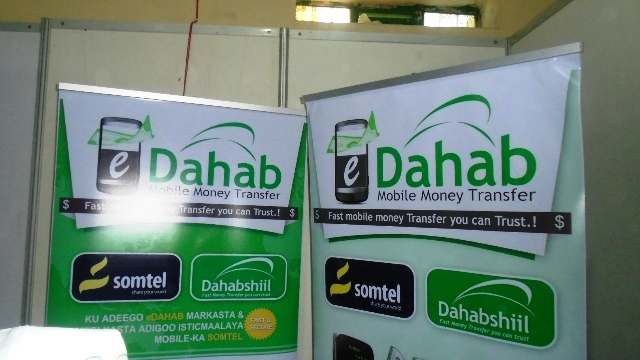Lack of mobile money regulation exposes Somali economy to macroeconomic effects-World Bank

By T. Roble
SUMMARY
- The mobile money sector has experienced exponential growth with monthly transactions rising to $2.7 billion
- Absence of regulation exposes the economy to macroeconomic effects in case of disruptions
- Somalia must establish mobile money regulatory regime through among others empowering the Central Bank to oversee mobile transactions
- Customers have not recourse in the event of malpractices by mobile network operators
An estimated 155 million mobile money transactions amounting to about $2.7 billion a month take place in Somalia, the World Bank has said but raised the red flag over plausible fiscal risks in the event of disruption to mobile money platforms.
In its third Somali Economic Update released Monday in Mogadishu, the World Bank noted that whereas mobile money platforms have immensely eased transactions and provided opportunities for economic growth, lack of regulation paused serious macroeconomic effects.
As mobile money represents a large share of the money supply, the report says, the domestic economy is highly dependent on the stability and continued operation of mobile money platforms.
“Unmitigated disruption in service delivery including transient outages caused by technical glitches could be devastating for the livelihoods of the Somali population that depend on mobile money services to meet their daily needs,” the report notes.
RISKS
The report which gives a detailed look into the risks and opportunities in mobile money in Somalia highlight three main risks the mobile money sector is exposed to in Somalia. First, since there is no legal requirement for mobile network operators to deposit funds in a trust or a bank account as a buffer, customers are exposed to risks of losing their money in the event providers enter into risky investments.
“As the float held on the phones of mobile money users grows ever bigger, the temptation is for the mobile network operators to use those funds in risky investments or oversees transactions, as there is no requirement for them to hold funds in a trust fund or bank account.”
Secondly, the report notes the absence of know-your-customer requirements means customers are not protected in case of disputes. Further, the ease of opening multiple mobile accounts without identification makes countering money laundering and tracking funding to terrorism activities difficult. The Central Bank of Somalia does not regulate mobile money sector leaving customers to no recourse in the event of malpractices by operators, the report adds.
REGULATORY MEASURES
To address these concerns, the report calls for a raft of measures to ensure mobile money sector is effectively regulated without stifling its growth. It proposes the amendment of the Financial Institutions Law of 2012 to expand CBS mandate to oversee the regulation of emerging financial services such as mobile money.
The roles and responsibilities of the various actors that are part of the mobile money system need to be clarified to ensure transparency and accountability and integrity of the financial sector, the report recommends. It further calls for the introduction of a mobile money regulatory regime to manage financial stability risks and bolster the contribution of mobile money to inclusive growth, resilience and poverty reduction.
Regulation should be phased, the report says noting of priority is safeguarding the consumer funds and ensuring continued and undisrupted service delivery. Strengthening service delivery through innovation and consumer protection including data privacy and protection follow in tow.
The report also explores mobile money trends in the country noting 70% of Somalis use mobile money services with half of the transactions being person to person resulting in ‘an ever-increasing cache of money available to mobile network operators’ as cash in exceeds cash out.
Merchant/retail payments account for the second highest volume of transactions followed by salary transfers, bill payments, remittances and cash transfers from development organisations.